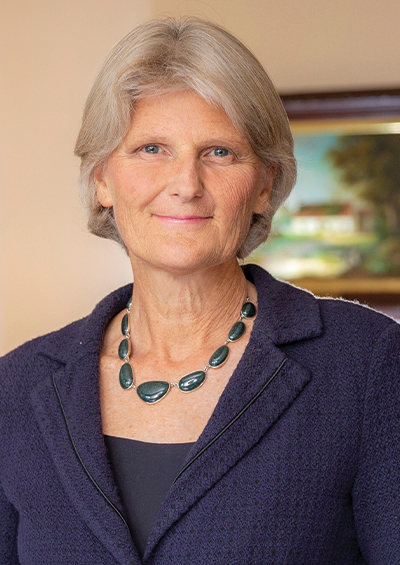The Search for Meaningful Work Starts Here
hat will my student do with a liberal arts degree?” It is a common refrain among Vassar parents and loved ones. Some ask it out loud in the large public spaces of Orientation or Families Weekend; others utter their anxieties in hushed tones and only to their trusted peers; but most think it at one time or another and hope all will be well.
The truth is that the vast majority of Vassar graduates (93 percent) have jobs, competitive fellowships, or are accepted into graduate or professional school within six months of graduation. Moreover, according to the Georgetown University Center on Education and the Workforce report in 2020, the return on investment (ROI) of a liberal arts college degree is nearly $1 million over 40 years. This is higher than degrees at most types of colleges and very close to the ROI of degrees from universities with the highest research activity. The study also concluded that although early-career salary levels for liberal arts graduates tend to be lower than for those of more specialized undergraduate degrees, over a career, the salary gains of liberal arts graduates far outpace their counterparts.
Vassar seeks to prepare students not only for a job but also for a lifetime of enriching career(s). With the opening of the Bartlett Center for Admission and Career Education, we are developing “a liberal arts approach to career education.” Concretely, this means the work of a liberal arts student includes not only their academic curriculum but also exposure to longer-term thinking about their capacities and what they want to contribute to the world.
The liberal arts approach to career education at Vassar is tailored to the developmental moments of students. For instance, the first year is about reflecting on the questions “Who am I?” “What are my values?” and “What am I good at?” Although the answers to these queries shift over time, starting early on the path of self-discovery signifies an important—and often overlooked or rushed—part of career education.
Emerging from their first year of college with more sense of themselves, sophomores have new questions: “What’s out there?” “What are the various industries, jobs, and careers to pick from?” Exposure to myriad options and mentors who can give honest answers to those questions is accomplished through programs such as Sophomore Career Connections—when alums from a diverse set of occupations and fields come on campus for a weekend of structured mentoring with sophomores.
More than 90 percent of Vassar students complete an internship before graduation, well above the national average. With greater clarity about who they are as well as what career options are out there, juniors are prepared to make a match, ideally landing an internship or other meaningful experiential learning opportunity to test their capacities in a field where they have interest. Generous grants and fellowships are available for students to support their summer plans, from the Internship Grant Fund and Tananbaum Fellowships to the Thompson Bartlett Fellowships (focusing on STEM and economics) and the Burnam Fellowships (focusing on community-based grassroots and nonprofit organizations), and many more. Vassar also supports students who want to start their own ventures. Our Innovation Lab focuses on maker technology, for example, while the Ellen Rudnick ’72 Student Entrepreneur Fund promotes start-up efforts.
At last, it is senior year. Career education at this stage is about applying for permanent employment, post-graduate fellowships (Vassar remains a top producer of Fulbright Scholars), and graduate schools (86 percent of Vassar’s pre-law and 78 percent of pre-medical applicants are accepted into law or medical school, much higher than national averages). Senior-year career education also includes access to workshops on financial planning, finding housing, salary negotiation, and other practical skills to enable a smoother transition after college.
The different phases of career education may unfold linearly or less predictably for some. Students sometimes walk the well-trodden paths on campus, or they make their own path. Regardless, the liberal arts approach to career education at Vassar seeks to support students in the cycle of self-reflection, inquiry, experimentation, and discovery—a progression that will be repeated, and relished, many times over an enriching career and meaningful life.


Elizabeth H. Bradley
President